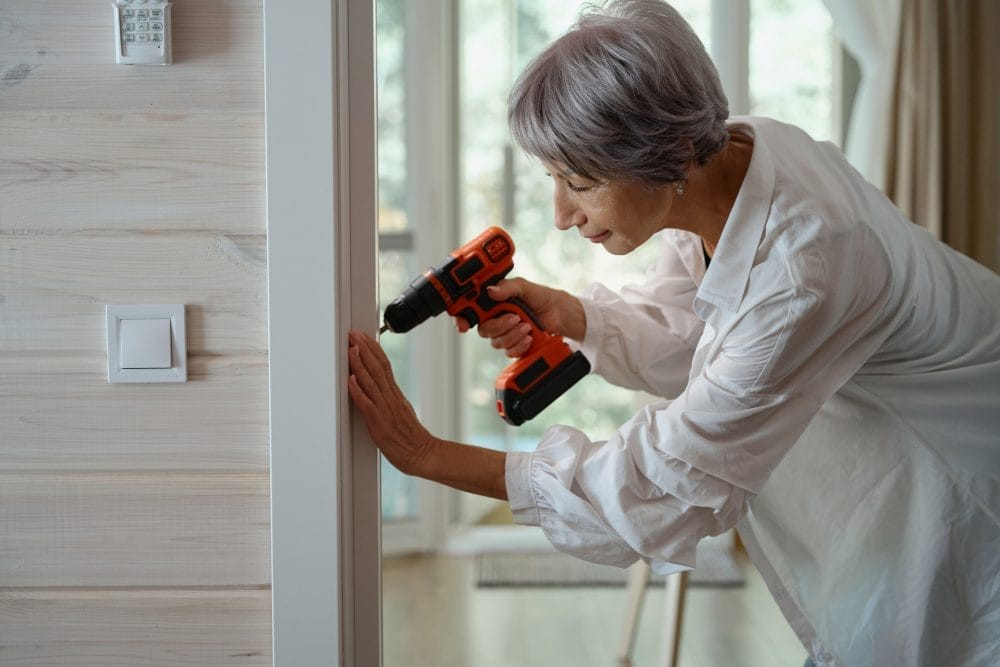Owning a vacation home sounds like a dream: waking up by the ocean, sipping coffee on a mountain deck, or escaping the city whenever the mood strikes. But that dreamy getaway can quickly turn into a financial sinkhole that eats more than it gives back. The truth is, many buyers underestimate the “hidden” side of ownership, where the costs sneak up slowly and pile on fast.
What starts as a relaxing retreat can turn into a long-term math problem that doesn’t add up. Here are the seven biggest ways that owning a vacation home ends up costing more than anyone plans for—and why that second house might be a second job in disguise.
1. Property Taxes That Refuse to Stay Put
Property taxes rarely stay the same, especially in popular vacation areas where values climb year after year. What starts as a manageable bill can balloon into something that looks more like a mortgage payment. If your property sits in a tourist hot spot, local governments often hike rates to cash in on demand. That means your “affordable” second home gets more expensive with every tax cycle. It’s a bill that can sneak up fast and drain the excitement out of owning.
2. Insurance That Doubles as a Second Mortgage
Insuring a vacation home isn’t like covering a regular house, especially if it’s in a flood zone, hurricane path, or wildfire-prone area. Specialized coverage for natural disasters can cost thousands more each year. Insurance companies see a second home as higher risk since it sits empty part of the time, making claims more likely. On top of that, premiums often rise faster than inflation, so budgeting once won’t cut it. Suddenly, insurance feels less like protection and more like a relentless second mortgage.
3. Maintenance That Never Ends
From leaky roofs to broken decks, vacation homes don’t magically stay pristine just because they’re in pretty locations. Salt air corrodes, snow piles up, and humidity breeds mold faster than you can book your next trip. Even when you’re not there, the house needs constant check-ups to prevent small issues from turning into big disasters. Hiring local contractors or property managers to keep things running only adds to the expense. That dream retreat can quickly morph into a 24/7 maintenance project.
4. Utilities That Add Up Even When You’re Away
Vacation homes don’t stop using utilities when no one is there. Security systems, climate control, and water pumps all keep running in the background. If you rent the place out, expect even higher bills from guests who don’t exactly care about turning off lights or conserving water. In many tourist areas, utility rates can be higher than in your main city, compounding the problem. What feels like a little overhead adds up to hundreds—or thousands—over time.
5. Travel Costs That Sneak In Every Trip
Getting to your vacation home isn’t free, and those travel costs can quickly eat into your budget. Flights, gas, car rentals, and even meals on the way start to pile up. If you’re visiting often, you’ll notice the money flowing out almost as quickly as the days off fly by. Factor in peak-season travel, and the cost can double just to enjoy what you already own. Suddenly, the “free place to stay” comes with an expensive price tag attached to every visit.
6. Repairs That Love Bad Timing
Things have a habit of breaking at the worst possible moments in vacation homes. Air conditioners stop working right before guests arrive, pipes freeze during the coldest night, or pests invade while the place sits empty. Emergency repairs usually come at premium prices since remote or tourist locations mean fewer contractors and higher service fees. You’ll often pay more because local pros know homeowners have limited options. That one repair bill can rival months of regular mortgage payments.
7. Rental Management That Eats the Profit
Many owners rent their vacation homes out to offset costs, but hiring a property management company cuts deep into the earnings. Between booking fees, cleaning charges, and emergency callouts, managers often keep 20–30% of the income. On top of that, platforms tack on their own service fees, shrinking your slice even further. Guests may damage property, requiring additional repairs you didn’t budget for. By the time the money trickles down, the “extra income” feels more like a break-even game.
The Dream Isn’t Free
Owning a vacation home can be rewarding, but the hidden costs often surprise even the most careful buyers. Property taxes rise, insurance stacks up, and maintenance waits for no one. Add in travel, repairs, utilities, and rental management, and that escape quickly becomes a pricey commitment. The dream of carefree living has its price tag, and it’s bigger than most people think.
What’s your take—are the extra costs worth it for a slice of paradise, or would you rather keep vacations simple? Drop a comment and join the conversation.
You May Also Like…
Why Leaving a Vacation Home to Family Might Be the Worst Move
Why Family Vacations Create More Resentment Than Memories
7 Staycation Ideas That Are Better Than an Expensive Vacation
8 Overlooked Costs That Come With Home Renovation Permits
Could Recycling Programs Actually Be Costing Households More Than They Save?








